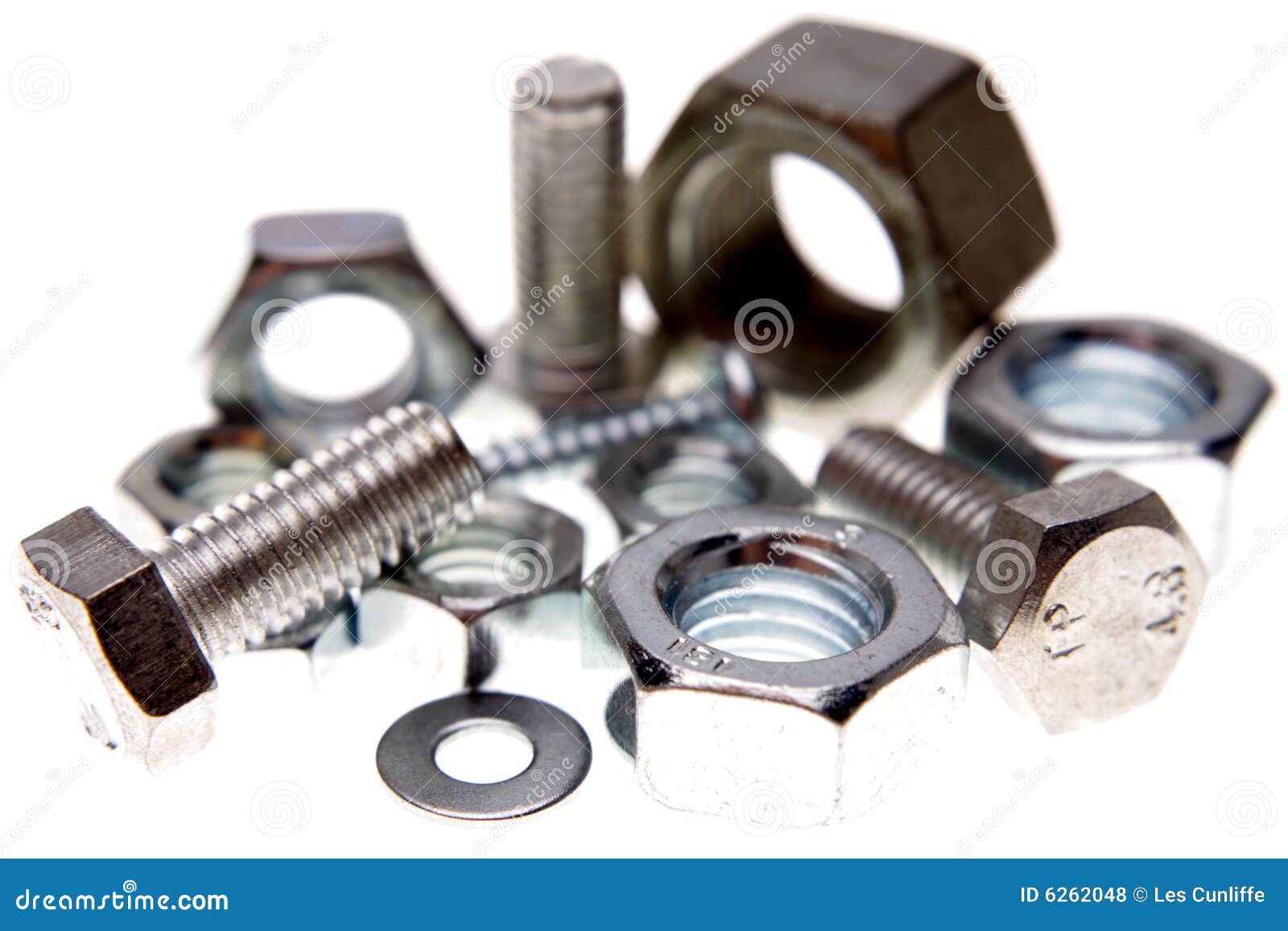Grasping the Different Forms of Nuts and Bolts
When embark on any building and DIY project, the importance of selecting the right nuts and bolts cannot be overstated. These small yet essential fasteners act as the backbone for numerous uses, ensuring support, integrity, and security. With a myriad of options available—all designed for distinct purposes—understanding the basics of nuts and bolts is crucial for anyone looking to tackle repairs, build furniture, or embark on major overhauls.
This complete guide, we will delve into the different types of nuts and bolts, exploring their uses and functions. Starting with the most common bolts to specialized fasteners, we’ll cover all you should understand to help you formulate wise decisions and choose the right hardware for your tasks. Whether you're curious about the distinction of machine-type bolts and structural bolts or trying to figure out when to use a flange nut, this is your definitive resource for understanding the realm of nuts and bolts.
Forms of Fasteners and Fasteners

When it comes to comprehending nuts and bolts, it is important to identify the diverse types available and their distinct applications. Fasteners are typically categorized based on their design and use. Typical types include hex bolts, which feature a hexagonal head and are appropriate for general fastening tasks; carriage bolts, characterized by a rounded head and a square neck for added grip; and lag bolts, designed for heavy-duty applications and made with a wide, flat head that allows for greater torque. Each type serves specific purposes and is often selected based on the requirements of the task at hand.
Nuts, the counterparts to bolts, also come in multiple shapes and sizes. Typical hex nuts are the most prevalent, allowing for secure fastening when paired with fasteners. Lock nuts provide extra security against loosening, making them perfect for high-vibration applications. Flanged nuts, which have a wider base, spread pressure more evenly and are used where a larger surface area is advantageous. Grasping these options helps in selecting the right nut for various fastening situations, ensuring both safety and efficacy.
Along with standard types, specialty nuts and bolts cater to unique needs in specific industries. For instance, titanium fasteners are favored in aerospace applications for their lightweight yet durable nature, while nylon lock nuts prevent loosening due to vibration. Grasping these differences not only aids in making wise choices but also enhances the overall integrity of constructions or repairs. Choosing the right combination of nuts and bolts is crucial in achieving the desired strength and durability for any task.
Deciding the Right Fastener
Selecting the right fastener is crucial for the success and longevity of any undertaking. The choice between nuts and bolts often hinges on the materials being joined and the required robustness. For timber applications, lag screws are frequently used due to their capability to secure stably, while in metalwork, machine bolts with accompanying nuts are the preferred choice. Understanding the particular requirements of your project, such as load capacity and environmental factors, will guide you in making the right choice.
Moreover, thread type plays a crucial part in fastener selection. Rough threads are generally better for more delicate materials, allowing for faster assembly, while fine threads provide greater grip in more robust substances. If you are unsure which type to use, it is beneficial to familiarize yourself with the details of threading, as well as the specifications for metric and imperial fasteners. An informed decision can prevent potential issues down the road, ensuring optimal operation and security.
In conclusion, taking into account the surface treatment and material of the fasteners is essential. Stainless steel bolts offer superb corrosion resistance, making them suitable for outdoor projects, while zinc-coated fasteners may serve well in arid environments. Be sure to evaluate the specific environment your fasteners will face, including possible interaction to moisture or chemicals, to choose materials that will endure the test of time. This focus to precision in choosing the right fastener will ultimately enhance the durability and trustworthiness of your work.
Materials & Surface Treatments
When select bolts & bolts, the substances used hold a key function in establishing their functionality and suitability for certain purposes. Typical materials consist of iron, copper alloy, and aluminum, with each providing distinct advantages. Iron is favored for its robustness & durability, making it best for intensive projects. Copper alloy, on the contrary, demonstrates excellent resilience to corrosion & is often used in plumbing & electrical uses. Ti is recognized for its low-weight properties & remarkable strength relative to weight, making it a leading choice for aerospace and high-tech engineering applications.
Coatings significantly enhance the lifespan and performance of fasteners. Zinc finishes and galvanizing are frequently used methods for safeguarding steel fasteners from corrosion, with this method providing a greater protective coating. However, visit site of finish is contingent upon the environment in which the fasteners operate. For example, SS bolts naturally resist corrosion without extra coating, making them suitable for external & marine uses where exposure to moisture is a factor.
Understanding the materials & coatings available helps ensure that you pick the appropriate nuts for your particular project requirements. Regardless of whether you need fasteners that can endure aggressive environments or those that ensure consistent strength, understanding of materials will empower you to make informed decisions that enhance the longevity & performance of your build.